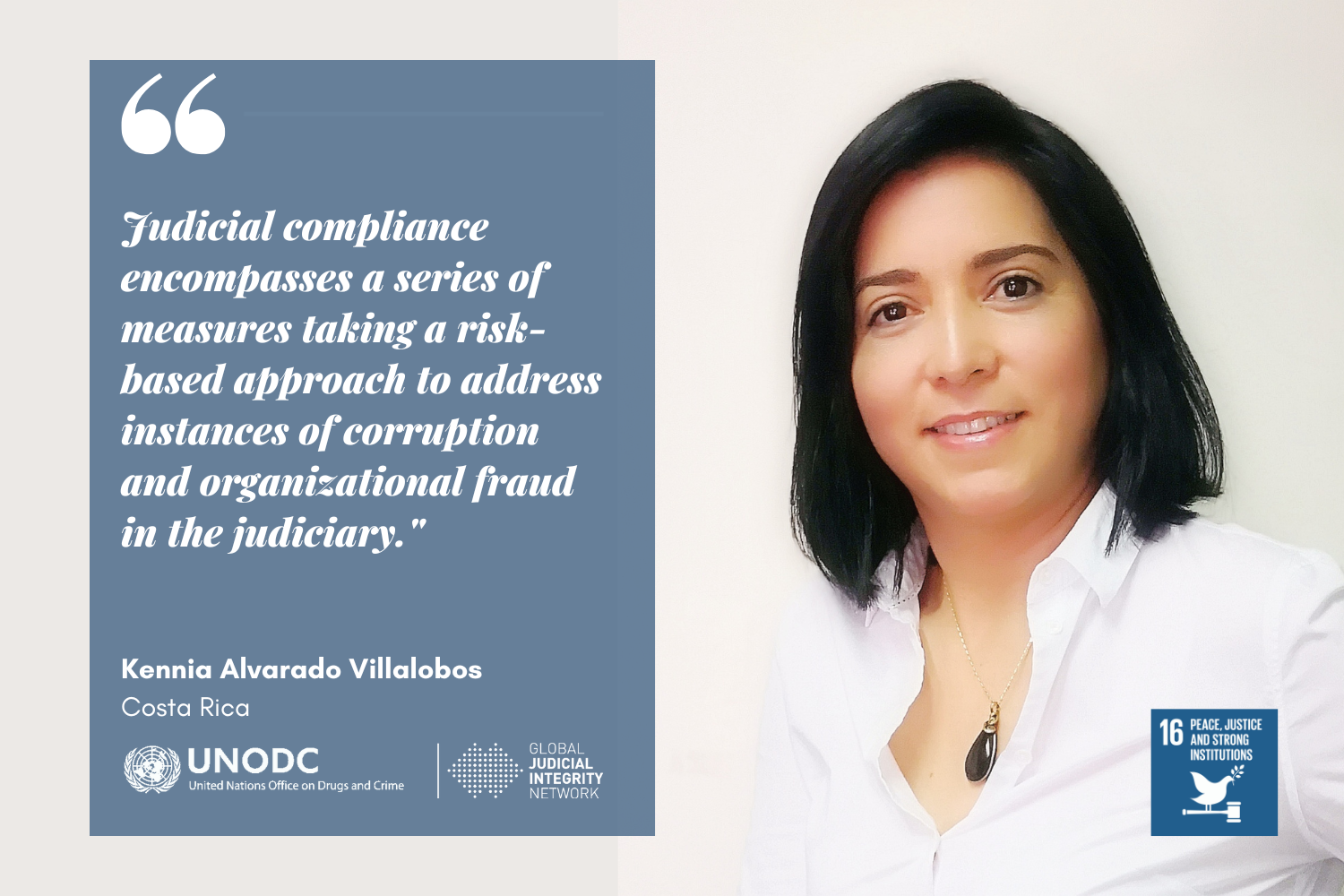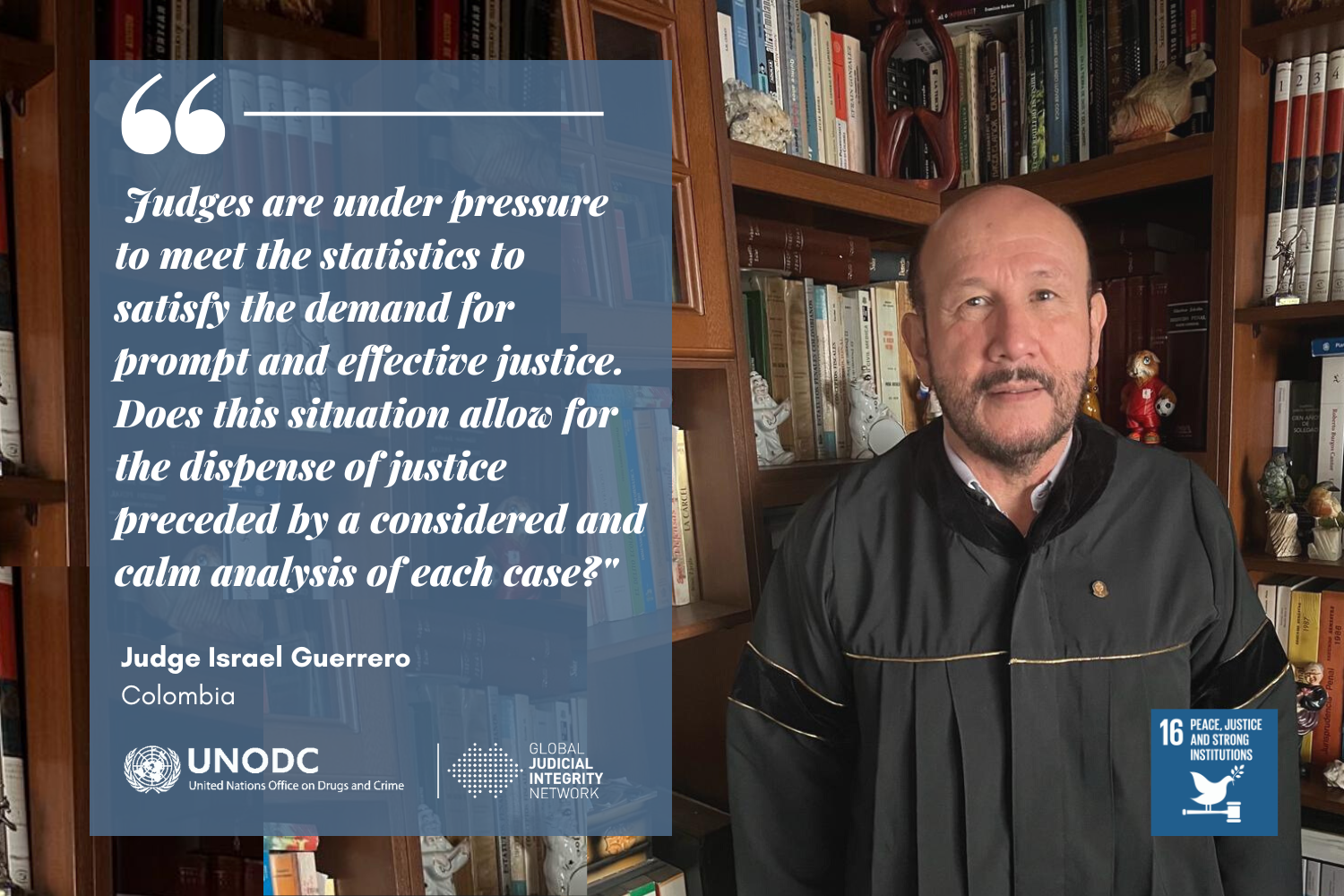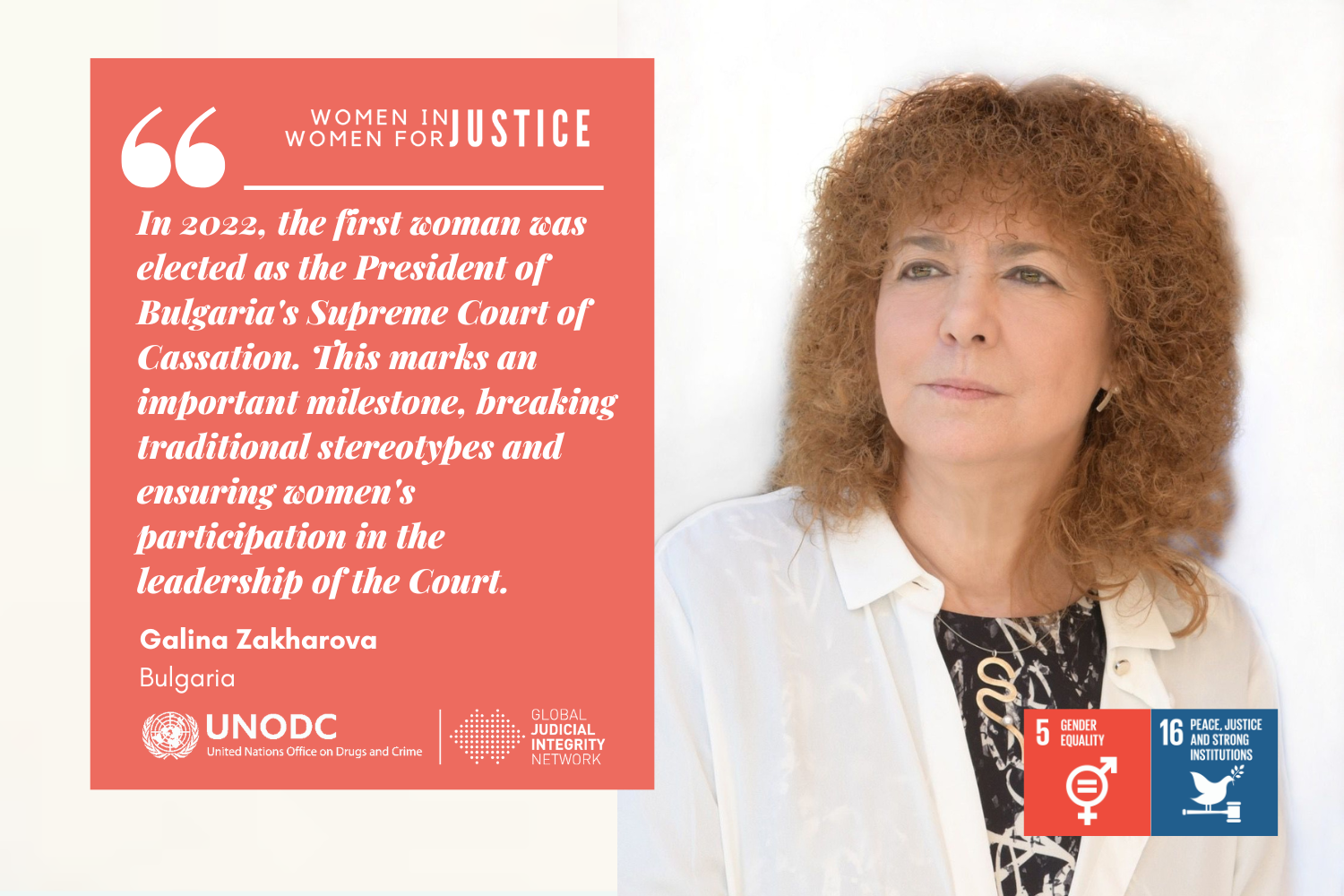Judicial Training in Times of COVID-19
By: Tommy Birambeau, Stéphane Fischesser and Delphine Verheyde
Tommy Birambeau, Delphine Verheyde and Stéphane Fischesser are attendees of the French National School for the Judiciary. All opinions expressed in this piece are solely those of the authors as external experts and do not necessarily reflect the official position of UNODC.
______________________________
The French National School for the Judiciary ( École Nationale de la Magistrature - ENM) was created in 1958 to train both judges and public prosecutors. The School simultaneously trains three classes ("promotions") of about 350 students for 31 months.
In March 2020, when home confinement was imposed in France to prevent the spread of the COVID-19 pandemic, the three classes were approaching different stages in their training.
Trainee judges and prosecutors from Promotion 2018 were taking their final exams before choosing their first positions, while students from Promotion 2019 were beginning a key step in their training in the form of a year-long judicial internship in one of the 173 French courts. As for the students of Promotion 2020 that had just entered the School in February 2020, they were about to begin a 9-month period of study at the School in Bordeaux.
Relying on its previous experience of delivering online classes in continuing education, the French National School for the Judiciary overcame the constraints generated by the pandemic in less than two months by successfully adapting the entire content of the training curriculum, usually taught in regular classrooms, to remote learning. Online courses were provided for almost three hundred trainees for six weeks.
Promotion 2020 started its training as scheduled on 8 June with courses focused on raising awareness about the judicial decision-making context (featuring topics like mental illness, forensic medicine, addictive behaviours, judgement biases etc) and strengthening trainees' technical skills, such as decision drafting, hearings and examination skills.
Indeed, despite the pandemic, the School managed to maintain its pedagogical approach, aimed at empowering trainees while developing their new judicial identity. For example, the School designed asynchronous e-learning sessions. Different kinds of resources (documentaries, lectures and presentations) were made available online to the trainees to be discussed in an online forum. Following School tradition, technical courses related to decision drafting and the decision-making process took place in small groups of twenty trainees, providing opportunities to organize very practical workshops via a digital platform. Webinars were also organized, allowing for interaction between the speakers and trainees through a live chat.
Although online courses are more demanding in terms of attention, it appears that this solution was the only option. Indeed, there have been some undeniable merits: the school schedule has not suffered at all from the current situation and online tools have even allowed for new types of interaction between trainee judges and trainers. Quite surprisingly, people behind a screen tend to be less reluctant to ask questions and to interact in class. However, these circumstances did make the task harder for the trainers, as not being able to see everyone's faces prevented them from getting live feedback and adjusting their teaching according to people's reactions.
This explains why everyone at the School was so enthusiastic about welcoming the trainees back to Bordeaux at the end of August. Obviously, the return in situ required the implementation of various sanitary measures, including providing everyone with hand sanitizer and face masks. Additionally, while half of the week is dedicated to online webinars, the other half is left for trainees to attend in-person courses. Thus, the French National School for the Judiciary's 2020 class was at last able to meet physically. Let us hope that both the local and national health situations continue to allow this.


